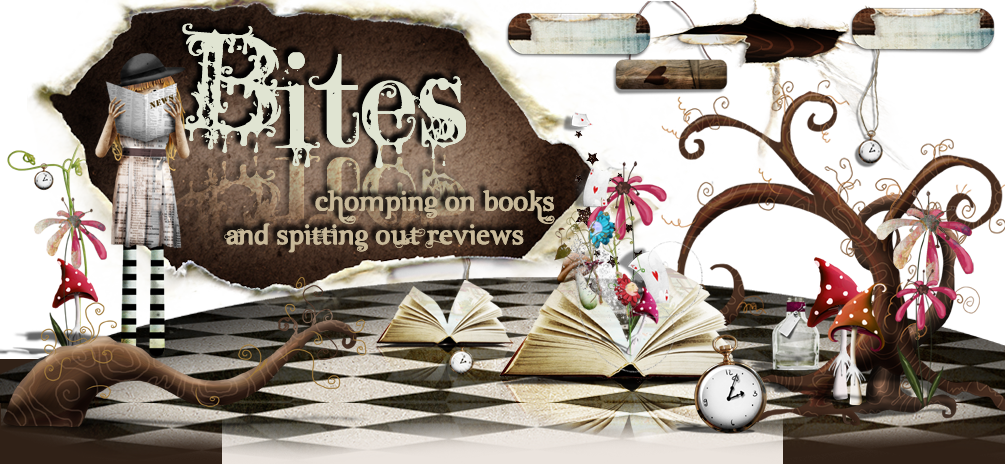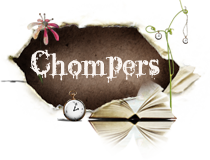 First published in 1956.
First published in 1956.Narnia . . . where you must say good-bye . . . and where the adventure begins again.
The Unicorn says that humans are brought to Narnia when Narnia is stirred and upset. And Narnia is in trouble now: A false Aslan roams the land. Narnia’s only hope is that Eustace and Jill, old friends to Narnia, will be able to find the true Aslan and restore peace to the land. Their task is a difficult one because, as the Centaur says, “The stars never lie, but Men and Beasts do.” Who is the real Aslan and who is the impostor?
This one officially comes in a close second to THAHB. I was going ‘oh no’ for a good half of the book when the shiesty ape came into power and enslaved all the talking animals and, essentially, destroyed Narnia. But all good things must come to an end, right?
The will of the king and the children to fight in the face of adversity is provoking and encouraging. To stand up for what you believe in when so many people are ready to slaughter you for it is beyond bravery.
What kept this book from being my favorite was one pretty minor thing towards the end of the book. Aslan states something along the lines of the good in the world is answered by him and the bad is answered by Tash, the nasty bird-headed god of Calormen. Yeah, not liking that “I’m the best god in the universe and all the rest of them are shit” statement. Yeah, yeah, at least he doesn’t make that god nonexistent but seeing as Aslan makes himself to me the only “good” god, that didn’t sit right with me and my non-church self.
I also spent a good part of the book trying to connect the allegorical dots. Now my education when it comes to all things churchy is pretty much nonexistent. I know the basics and that’s about it. Who are the Calormens supposed to represent? I’ve wanted to say those of Islamic faith since THAHB but considering the animal-headed god, I also want to say Egyptian but the clothes and actions aren’t necessarily matching up.
It was a really good book. The ending was nice and well-rounded but I don’t understand the reason for Susan’s outcast. So, essentially, all of them went to Narnia after they died (heaven) and Susan gets left behind because she likes lipstick? She lost faith in Narnia? She doesn’t get to heaven because she thought it was all a dream? Granted I was upset to read that she’d switched her beliefs in the land but did she not serve as she was supposed to? Apparently that’s just not enough. Aslan’s an all or nothing type of lion. And the more I think about this, the angrier I get. As if Lewis is saying if you be a dumb little girl and get caught up on boys and make-up, you'll be denied entrance to heaven. Nice. Not liking that one either.
And one thing that’s been really bugging me, what the deuce is up with thirst and these books? The characters are always thirsty and looking for water to drink, even in the most inopportune moments. Here Eustace was in the middle of battle and complaining to himself about how thirsty he was. Why? I don’t get the significance and why it’s so prominent in all of the books. It got to a point where I thought it was just filler, something else for them to do but I have no idea. It was just so prevalent and at the same time so pointless.
It was a nice end to the series, though, despite its flaws and religious lessons. By this book you’re so entrenched and feeling for Narnia that when it’s destroyed you feel its loss as well.















3 comments:
I was very sad at the end of this book - I love Narnia, and really didn't want to see it destroyed. And I don't get the Susan thing either. No idea what that was all about!
But it turned out ok in the end. Except for Susan. I think that was Lewis moralizing and maybe it worked in the 50s but now it just kind of sucks.
You have some great observations. I had not noticed that about everyone being thirsty. I've read this series so many times! This is my favorite book in it, with HAHB second.
Can I share my thoughts about Susan?
I think Lewis wasn't saying that "if you be a dumb little girl and get caught up on boys and make-up, you'll be denied entrance to heaven."
Susan didn't WANT to go to heaven. She lost heart for Aslan and replaced Aslan with other things, which I think is what the lipstick and stuff represents.Saying that Narnia was a game and a dream was her way of discarding all that she had been through. If Susan had been face to face with Aslan at the end, she would have been terrified. She would have been miserable in the new Narnia with everyone else. Just like those Dwarves in the stable who couldn't see because they didn't want to see.
Lewis wasn't moralizing here. He didn't have anything against movies or makeup or nylons. He was a big smoker and drinker himself and he hated other Christians trying to impose rules on other people.
"Granted I was upset to read that she’d switched her beliefs in the land but did she not serve as she was supposed to? Apparently that’s just not enough."
No, it wasn't enough.I don't think that serving counted for much in Narnia. Puzzle the donkey messed up a whole lot and he was forgiven. He didn't get to heaven because he served so well, he got there because he chose Aslan and Aslan chose him.
So, it's not about what Susan did or didn't do, but about the way she related to Aslan--whether she loved him or hated him. She rejected Aslan. That's why she didn't go to heaven.
Post a Comment